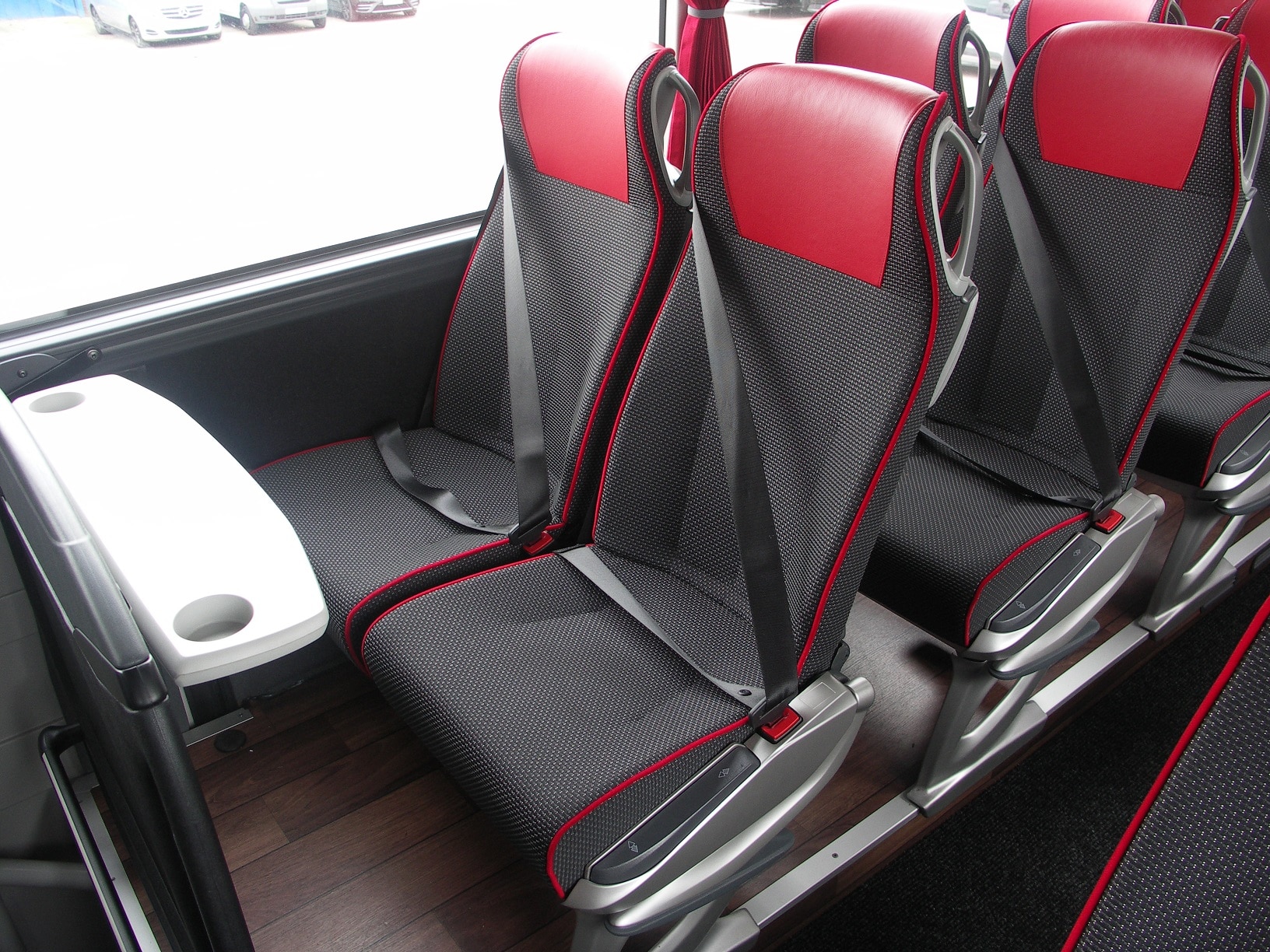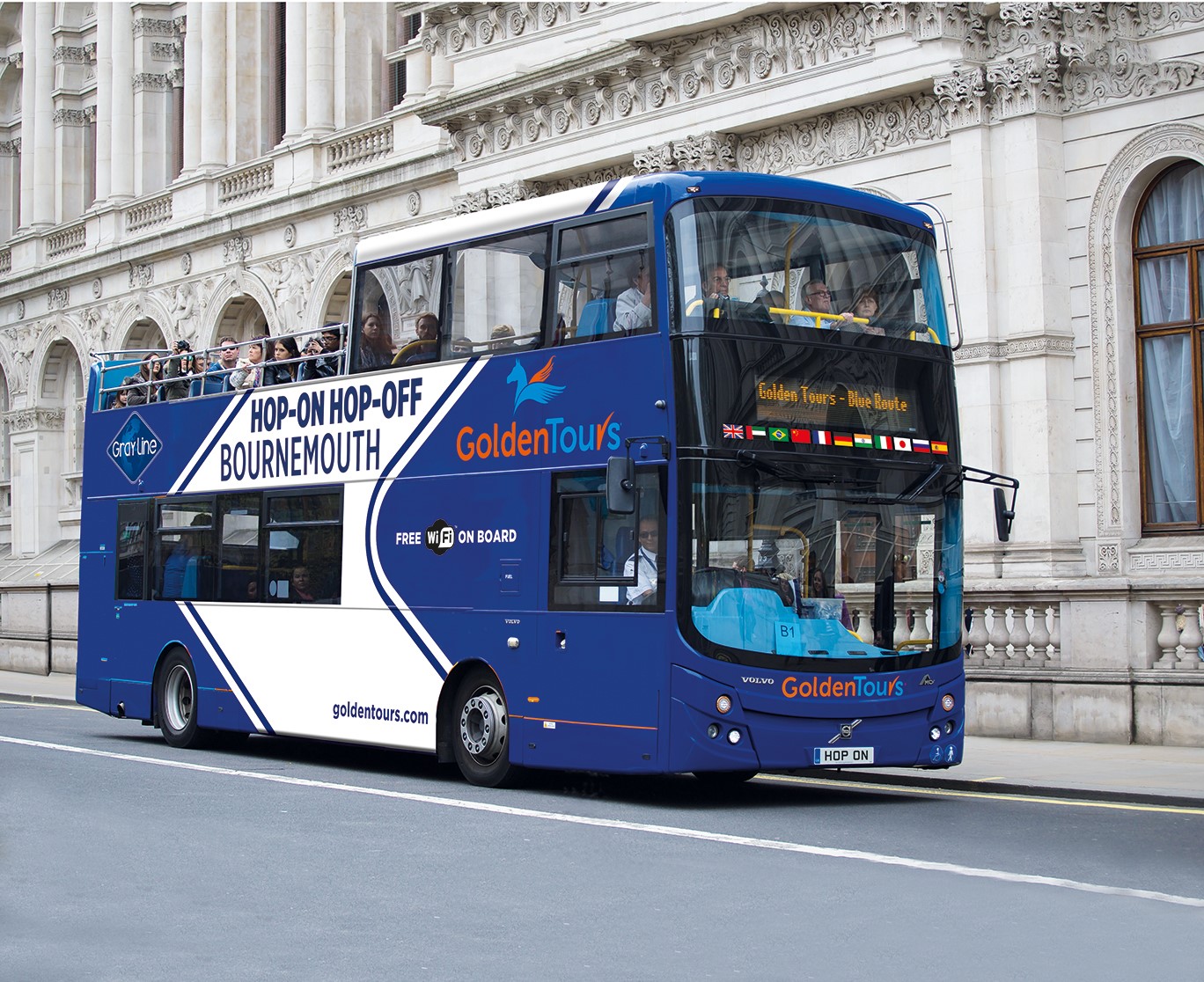The Confederation of Passenger Transport (CPT) has published a risk-based case for the use of every forward-facing seat on coaches in England.
If all the points outlined within it are considered, CPT says that observance of national ‘one metre plus’ guidance is not an absolute requirement. However, the Confederation cautions that operators must still be responsive to local conditions and that infection rates are “critical to any judgement.”
Production of the risk-based case follows work in the latter half of 2020 to enable the use of every seat pair on coaches, and a more recent case for the utilisation of every forward-facing seat on buses in England. CPT notes that while rail and air transport are not subject to capacity constraints, “there is little evidence of increased risk on those… modes.” It adds that evidence has also mounted to suggest that coaches have ventilation systems that are superior to some used in those sectors.
While the case covers only coaches in England, CPT believes that the position contained within it is suitable for adoption in Scotland and Wales. It is working with authorities in those nations “to seek to ensure as consistent an approach as possible across Great Britain.”
Case is ‘an important moment for coach industry’, says CPT
A spokesperson for CPT has told routeone that publication of the document “is an important moment for the industry, that CPT has helped to facilitate. Ultimately without CPT doing this piece of work, coach operators [in England] would in all likelihood still need to run at significantly reduced capacity.”
They add: “Coaches play a vital role in helping people all over the country to connect, and coach operators have made sure that safety measures are in place to ensure that people can travel with confidence. That includes steps such as enhanced cleaning as well as clean air filters and antibacterial stations onboard coaches.
“With restrictions easing, more people want to travel longer distances and coach journeys are expected to be busier than we have seen during the pandemic. This means that services will have more capacity and when busy, passengers may have to sit next to someone.”
Key to the uplift in usable capacity that the risk-based case enables is the experience gained by the sector while providing both essential services throughout the pandemic and leisure-related services when allowed to since the crisis broke. Because of that, the industry is now “more mature in its understanding of the risk controls that are practical to implement, passenger expectation and behaviour and the needs of staff” compared to some other sectors.
Mitigatory measures and wider considerations important
The document published by CPT outlines various mitigatory measures that can be put in place to reduce the risk of virus transmission. The current landscape for COVID-19 infection rates and the progress of the vaccination programme are also part of its considerations.
Operators are advised to consider several steps when implementing a transition to the use of all forward-facing seats. Among them are driver protection, cleaning, the orientation of passengers via allocated seating, and ventilation.
The latter is a key point. CPT notes that “considerably more is now known about the importance of ventilation in reducing transmission of the virus.” It adds that research shows that modern coaches have ventilation systems that rapidly replace and purify air, although where provision is less effective it advises consideration of other compensatory measures.
While the document represents a positive step for the coach industry, CPT reminds operators that they need to remain “agile, organised and able to reintroduce risk controls quickly in the event of the national risk level changing or the reintroduction of national or local lockdown measures.” Those steps could include a reversion to lower capacities on a local or regional basis.



























